Causes and Solutions of Tooth Sensitivity


Understanding Tooth Sensitivity
Tooth sensitivity is a widespread dental concern affecting many individuals. It is characterized by discomfort in one or more teeth in response to certain stimuli, such as temperature changes or specific foods.
Definition of Tooth Sensitivity
Tooth sensitivity, also known as dentin hypersensitivity, refers to the sharp, transient pain experienced when exposed to triggers like hot or cold temperatures, sweet or acidic foods and drinks, or even during brushing and flossing. When the underlying layer of teeth, known as dentin, becomes exposed, it can lead to this discomfort [1].
Common Triggers of Tooth Sensitivity
Several factors can trigger tooth sensitivity. The table below highlights some common triggers and descriptions of how they can affect individuals with sensitivity.
TriggerDescriptionHot or cold temperaturesSudden changes can cause sharp pain due to reaction in nerve endings.Sweet or sugary foodsSugar can irritate sensitive areas, causing discomfort.Acidic foods and beveragesCitric acids can erode dental enamel and irritate exposed dentin.Brushing and flossingAggressive brushing or flossing can expose sensitive areas of the teeth.Staining agents (like coffee)Encountering staining can lead to discomfort in sensitive regions.
Tooth sensitivity commonly occurs due to worn-down enamel or root exposure, resulting in discomfort when encountering different types of foods [2]. It may also indicate an underlying issue such as gum recession, which can expose the dentin layer that contains nerve endings. For more information about the causes of tooth sensitivity and how to manage it, consider reviewing our guides on what is enamel and how to protect it? and causes and prevention tips on teeth erosion.

Causes of Tooth Sensitivity
Understanding the various causes of tooth sensitivity is essential for managing and alleviating the discomfort associated with it. Multiple factors can contribute to this condition, including enamel erosion, gum recession, and other underlying dental issues.
Enamel Erosion and Dentin Exposure
Tooth sensitivity often arises from worn-down tooth enamel, which serves as a protective layer for teeth. When enamel wears away due to factors such as aggressive brushing, consuming acidic foods, or poor dietary habits, the underlying dentin becomes exposed. This exposure allows external stimuli, such as hot or cold temperatures, to reach the nerves of the tooth, resulting in sharp pain [2].
Cause of SensitivityEffect on TeethEnamel ErosionExposes dentinDentin ExposureIncreases nerve stimulation
Gum Recession and Nerve Stimulation
Another significant cause of tooth sensitivity is gum recession, where the gum tissue pulls back from the tooth, exposing the roots. This exposed area can be particularly sensitive to temperature changes and pressure. Gum disease is a common factor leading to gum recession, as it can cause inflammation and result in the gradual loss of gum tissue [3]. The exposed roots can lead to sharp sensations when consuming hot, cold, or sweet foods.
Other Underlying Dental Issues
Tooth sensitivity can also be a symptom of various dental conditions, including cavities, cracked or chipped teeth, and worn fillings. These underlying issues may compromise the structure of the tooth and contribute to increased sensitivity. For instance, a chipped tooth can expose sensitive internal structures, leading to discomfort during normal activities like brushing or eating [4].
Dental IssueImpact on SensitivityCavitiesMay lead to pain and discomfortCracked TeethExpose nerves and increase pain sensitivityGum DiseaseContributes to gum recession and subsequent sensitivity
Recognizing these causes of tooth sensitivity is a step toward effective management. By addressing enamel erosion, gum health, and other related dental issues, individuals can mitigate the discomfort associated with sensitive teeth. For additional information on how to take care of your teeth daily, visit our guide on how to take care of your teeth daily?.

Identifying and Diagnosing Sensitivity
Recognizing and diagnosing tooth sensitivity is essential for effective management. Symptoms can vary from person to person, but there are common indicators that teeth may be sensitive.
Symptoms of Tooth Sensitivity
Tooth sensitivity, also referred to as dentin hypersensitivity, is often characterized by sharp, temporary pain in response to certain stimuli. Individuals may experience discomfort when exposed to the following situations:
TriggerDescriptionHot Foods or DrinksPain caused by consuming items at higher temperatures.Cold Foods or DrinksPain experienced with cold beverages or ice cream.Sweet FoodsSudden discomfort when consuming sugary treats.Sour FoodsSharp pain generated by acidic foods, such as citrus.Brushing or FlossingDiscomfort during routine oral hygiene practices.
Sources indicate that sensitivity can be caused by various issues, including enamel wear, gum recession, and exposed dentin, which allows stimuli to reach the tooth nerve, resulting in a painful response [1].
Dental Examination and Diagnosis
A thorough dental examination is crucial for diagnosing tooth sensitivity. During this visit, the dentist will assess several factors:
Understanding these aspects of tooth sensitivity allows individuals to manage and address the causes effectively. For more detailed information on maintaining dental health, consider reading about the importance of regular teeth cleaning and how to take care of your teeth daily?.
Managing Tooth Sensitivity
Tooth sensitivity can be managed effectively through a combination of preventive measures, treatment options for mild sensitivity, and advanced solutions for more severe cases. Understanding these aspects is crucial for anyone experiencing discomfort due to sensitive teeth.
Preventive Measures
Preventing tooth sensitivity is often more manageable than treating it. Here are some key preventive strategies:
By adopting these preventive measures, individuals can significantly lower their risk of developing sensitivity issues.
Treatment Options for Mild Sensitivity
For those experiencing mild sensitivity, treatments may include:
Implementing these treatment options can often lead to an improvement in sensitivity levels, making everyday dental hygiene more comfortable.
Advanced Treatment for Severe Sensitivity
In cases of more severe sensitivity, it may be necessary to explore advanced treatment options. These include:
Each of these advanced treatments should be discussed with a dental professional, who can help determine the most appropriate course of action based on individual dental health needs.
Taking these steps can help individuals effectively manage tooth sensitivity, allowing them to enjoy their meals and daily activities without discomfort. For more information on maintaining good dental health, consider reading about how to take care of your teeth daily? or the importance of regular teeth cleaning.
Professional Dental Treatments
For individuals experiencing sensitivity, professional dental treatments can provide effective relief. These options are specifically designed to manage sensitivity's underlying causes and symptoms.
Desensitizing Procedures
Desensitizing procedures are tailored to reduce sensitivity in patients suffering from acute discomfort. Dentists may apply desensitizing agents directly to sensitive areas of the tooth. These agents work by blocking nerve transmission or sealing exposed dentin, minimizing the pain triggered by certain stimuli.
Common desensitizing treatments include:
Treatment TypeDescriptionFluoride Gel ApplicationFluoride strengthens enamel and reduces sensitivity.Potassium Nitrate ApplicationBlocks nerve signals in the tooth, diminishing sensitivity.Resin SealantsCovers exposed dentin, acting as a barrier to irritants.
For more information on how to reduce sensitivity, refer to causes of tooth sensitivity and how to manage it.
Fluoride Treatments
Fluoride treatments are another highly effective method for addressing tooth sensitivity. Fluoride is known for its ability to strengthen enamel and is often used in concentrated forms during dental visits. The application of fluoride helps to remineralize the tooth surface and block the nerve endings in the exposed dentin, leading to a decrease in sensitivity.
Fluoride treatments can be administered in several ways:
Fluoride TypeApplication MethodTopical Fluoride GelsApplied directly to the teeth during a dental visit.Fluoride VarnishesPainted on the teeth to provide prolonged exposure.Prescribed Fluoride RinsesUsed at home to enhance daily oral care.
For more on oral hygiene and maintenance, visit how to take care of your teeth daily?.
Dental Bonding and Sealants
Dental bonding and sealants can also play a role in reducing sensitivity. Bonding involves applying a tooth-colored resin to specific areas, which can effectively cover exposed dentin and protect against irritants. Sealants, on the other hand, are protective coatings applied to the biting surfaces of teeth, particularly useful for preventing decay.
Treatment TypePurposeDental BondingCovers exposed nerves and enhances tooth appearance.Dental SealantsPrevents decay and protects sensitive areas from food particles.
For understanding how diet affects teeth health, check out how diet affects your teeth health.
These professional treatments can significantly improve comfort and quality of life for those suffering from sensitive teeth. Regular dental visits and preventive measures are crucial in managing sensitivity effectively.
Long-Term Care for Sensitive Teeth
Proper long-term care for sensitive teeth is essential in managing discomfort and preventing further issues. This section will cover the importance of maintaining good oral hygiene practices, scheduling follow-up dental visits, and making lifestyle changes that can help alleviate tooth sensitivity.
Proper Oral Hygiene Practices
Maintaining proper oral hygiene is crucial for preventing sensitivity. Daily brushing and flossing can help protect tooth enamel and gums, which are vital for reducing sensitivity. Following these practices can make a significant difference in oral health:
PracticeRecommended ActionsBrushingUse a soft-bristled toothbrush, and brush gently to avoid damaging gums and enamel.ToothpasteOpt for toothpaste designed specifically for sensitive teeth to help desensitize nerve endings.FlossingIncorporate daily flossing to remove plaque and debris between teeth, preventing gum recession.MouthwashUse an alcohol-free mouthwash to avoid irritation that can worsen sensitivity.
It's also advisable to limit the intake of acidic foods and drinks, as they can erode enamel and contribute to heightened sensitivity [4]. For additional tips on everyday dental care, check out our article on how to take care of your teeth daily?.
Follow-Up Dental Visits
Regular dental check-ups are an essential aspect of managing tooth sensitivity. Dental visits allow for professional examinations that can identify underlying issues such as gum recession, cracked teeth, or tooth decay. If sensitivity symptoms persist after dental procedures, consultation with a dentist is critical for addressing potential complications [4].
Patients are generally encouraged to visit the dentist every six months for preventive care, which can include cleanings and assessments to ensure ongoing oral health. Keeping these appointments can significantly reduce the risk of future sensitivity problems. Learn more about the importance of regular teeth cleaning.
Lifestyle Changes for Tooth Sensitivity
Making certain lifestyle adjustments can also help manage tooth sensitivity effectively. Here are some recommended changes:
ChangeImpactDietary ModificationsLimit acidic foods and beverages, which can wear down enamel. Incorporate foods that are good for your teeth to strengthen and protect tooth structure.Mouthguard UseIf teeth grinding at night is an issue, consider wearing a mouthguard to minimize tooth wear and sensitivity.HydrationDrink plenty of water throughout the day to maintain saliva flow, which is important for washing away food particles and neutralizing acids.Avoid Teeth Whitening ProductsLimit the use of harsh whitening treatments that can increase sensitivity. Consult with a dentist for mild alternatives to whitening teeth safely.
Addressing the causes of tooth sensitivity and how to manage it can lead to improved comfort and overall oral health. Implementing these changes alongside regular dental care can significantly enhance the resilience of sensitive teeth.
References
[2]:
[3]:
[4]:
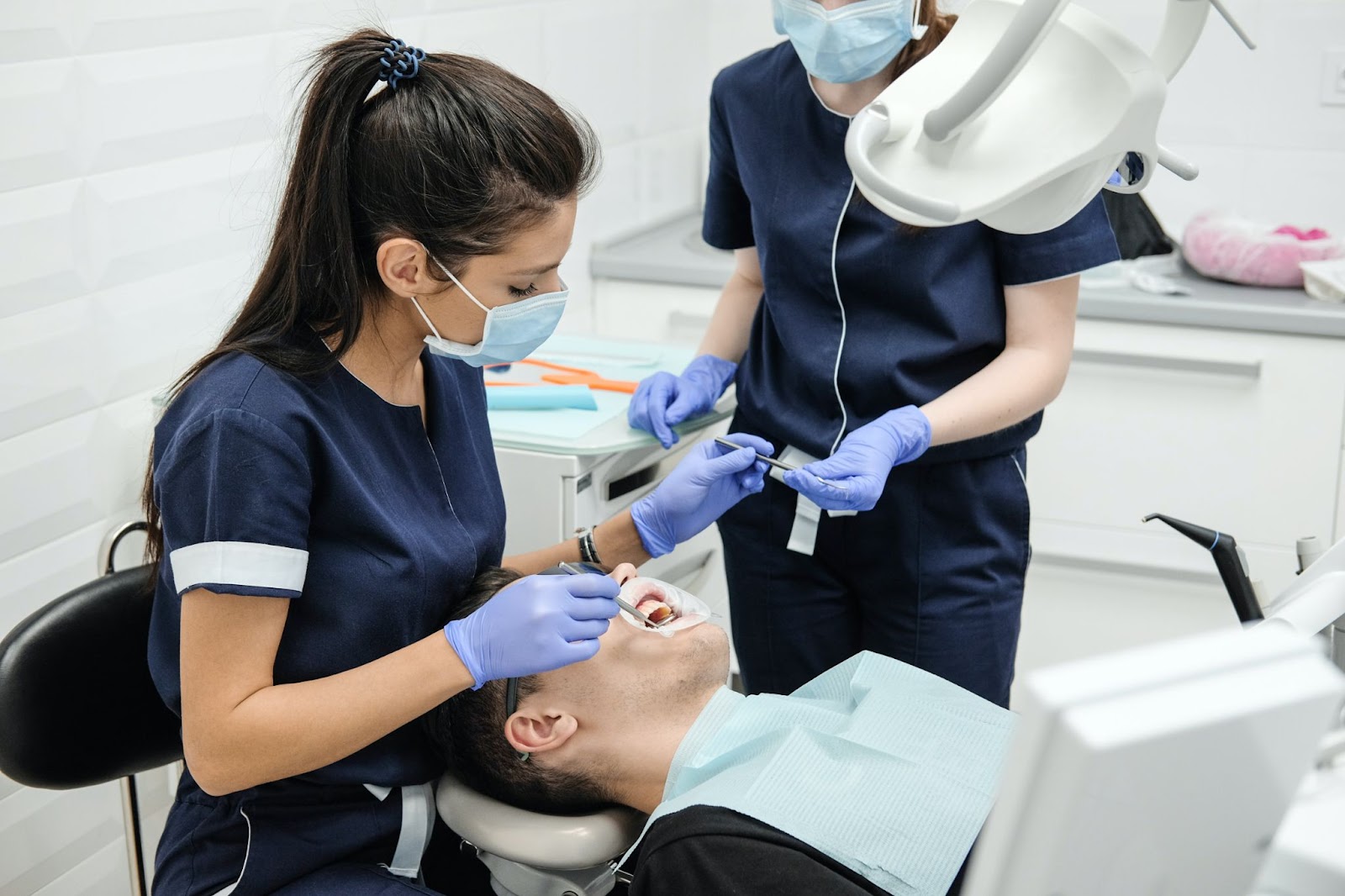





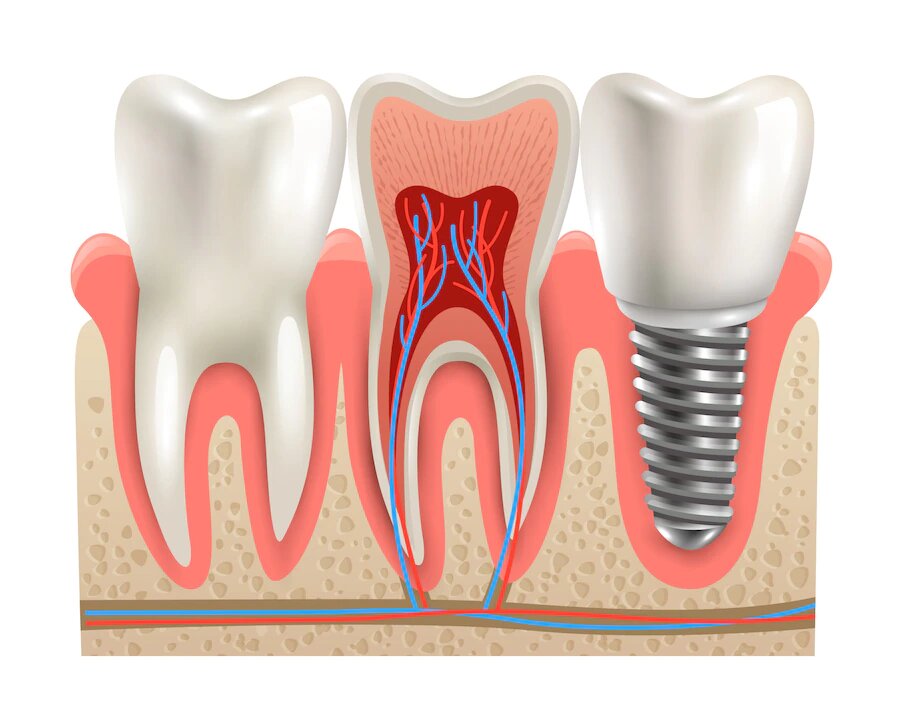










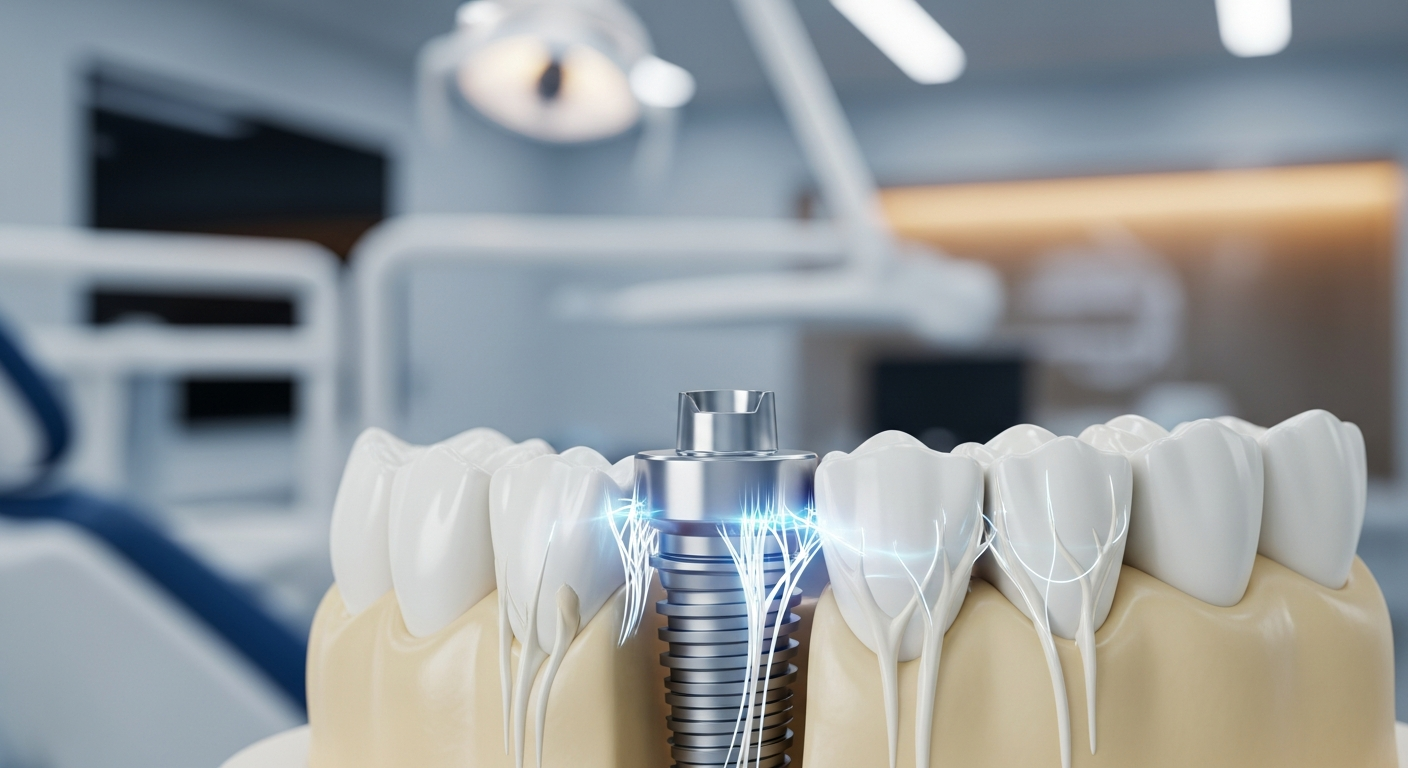
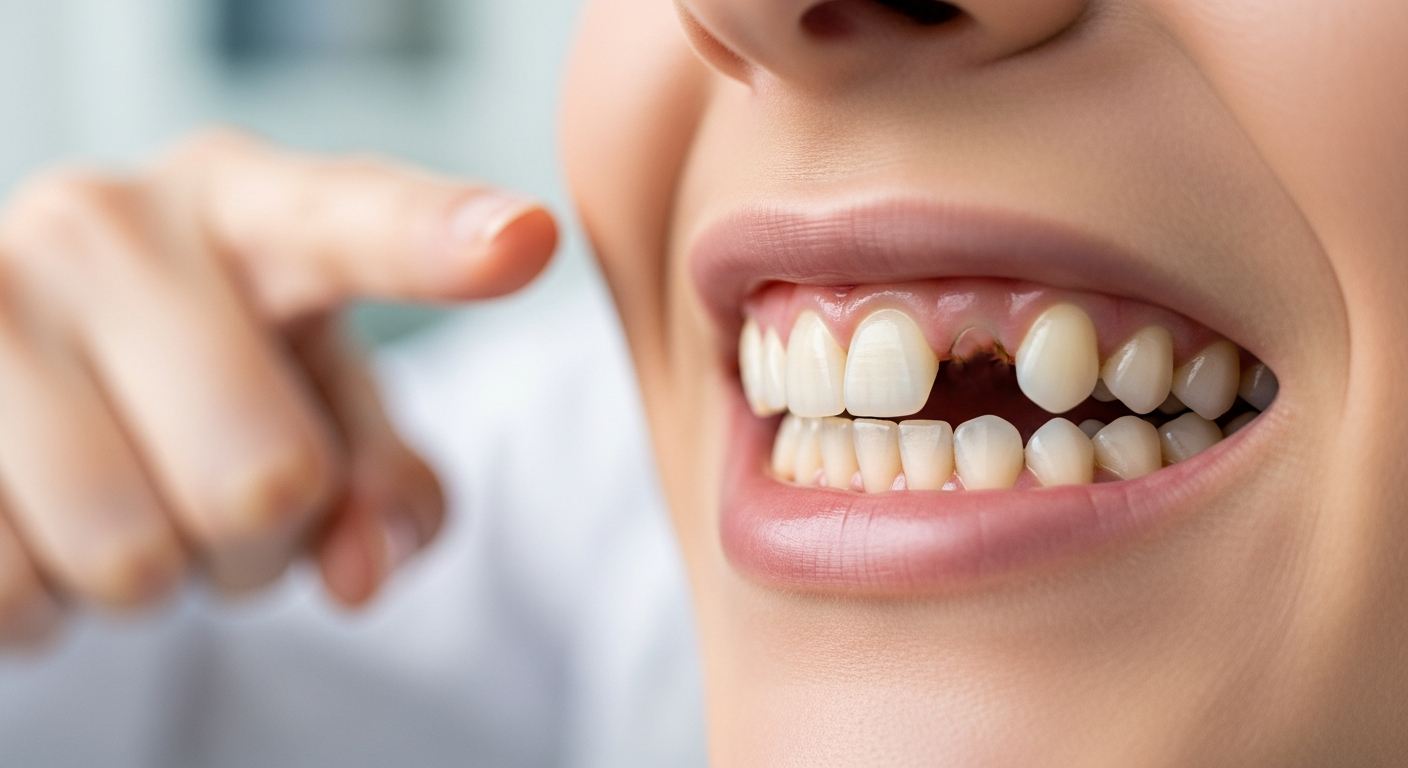





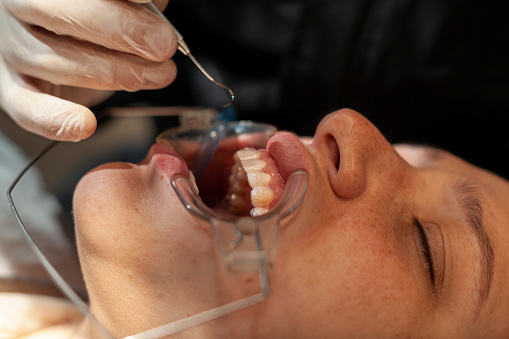

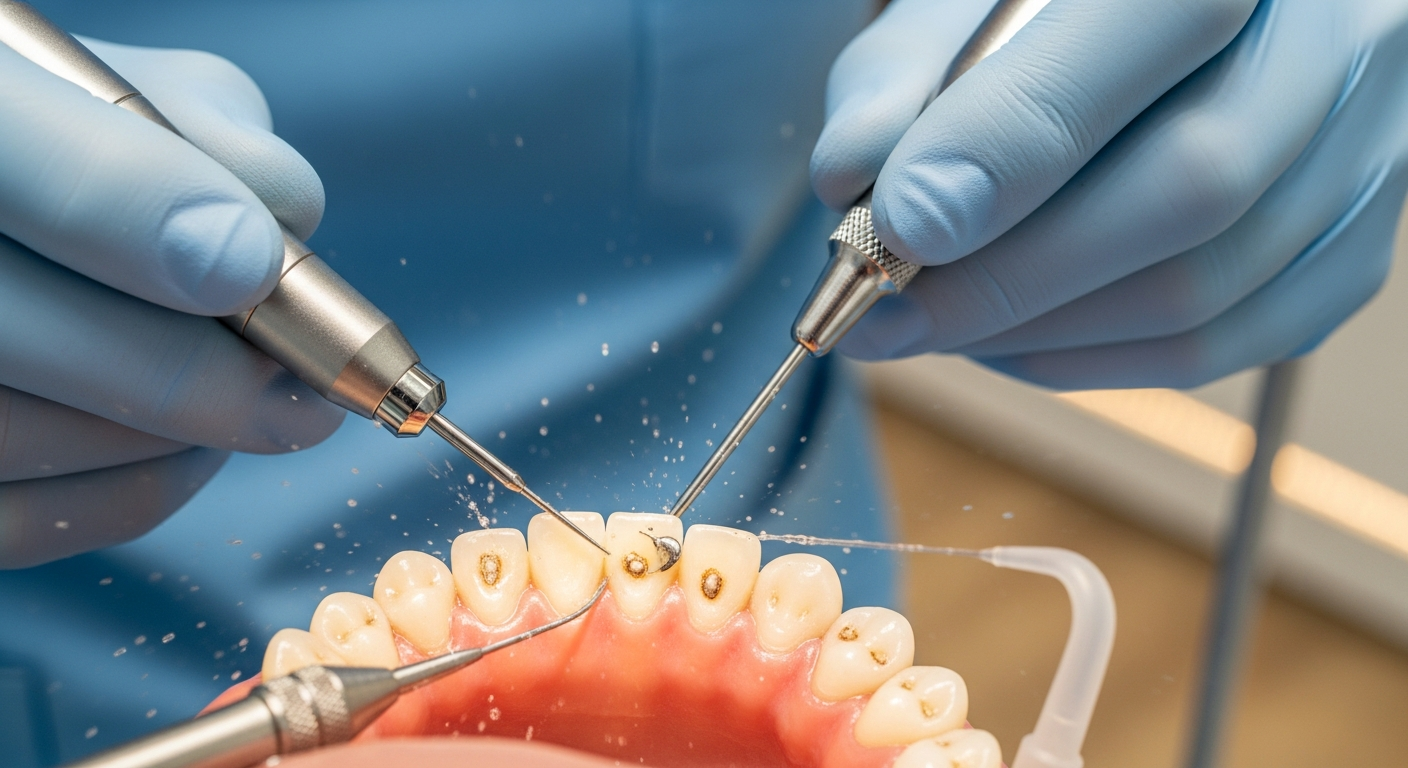





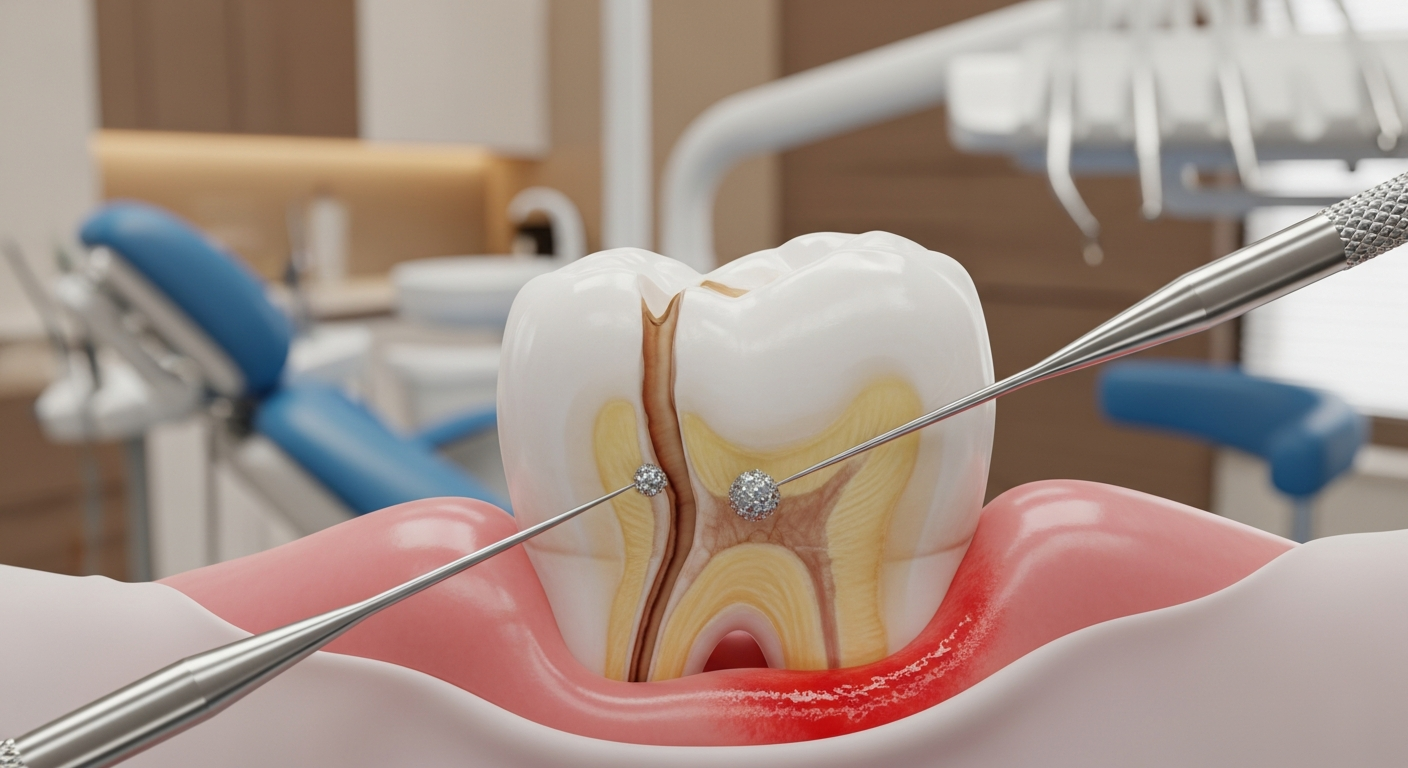




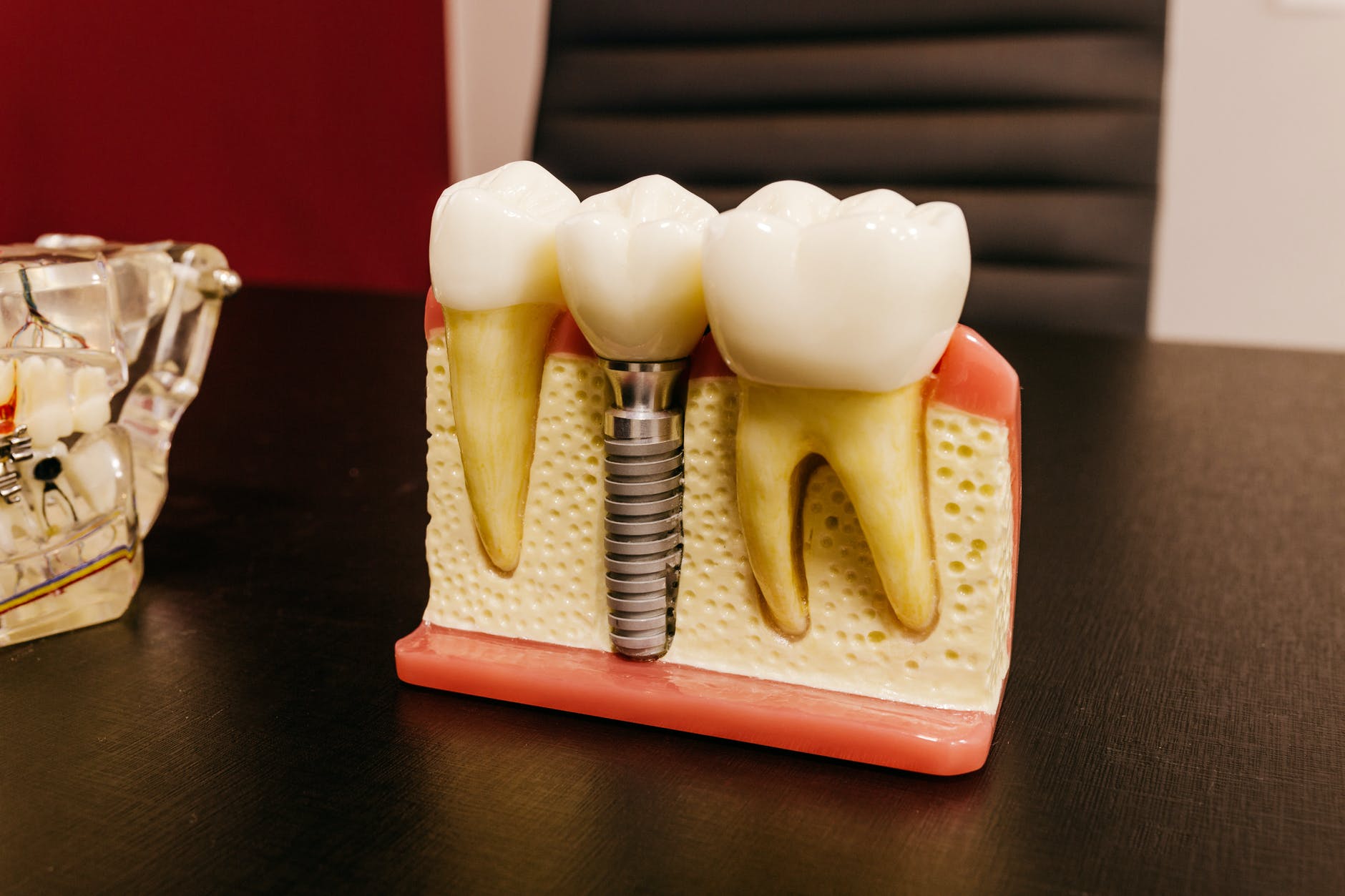


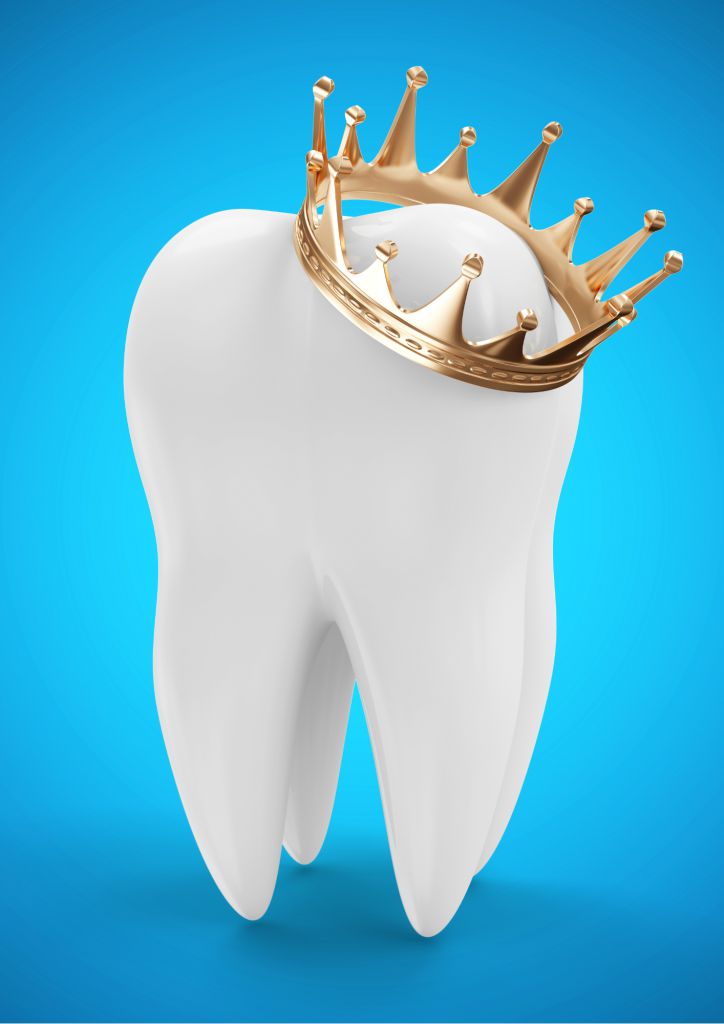







.avif)








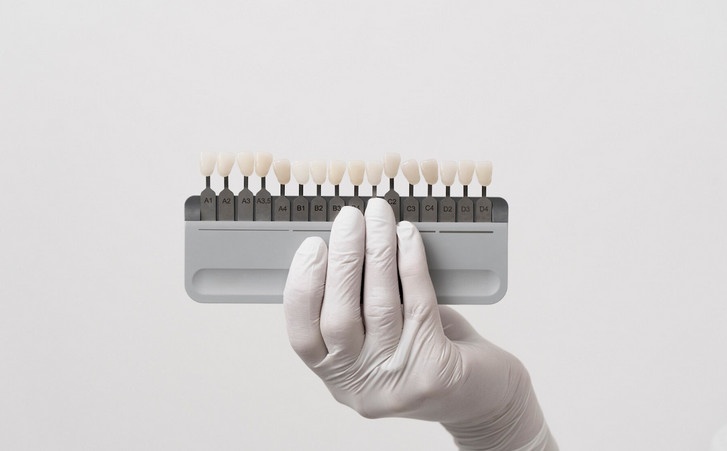

.jpg)

















.avif)


















.jpg)



